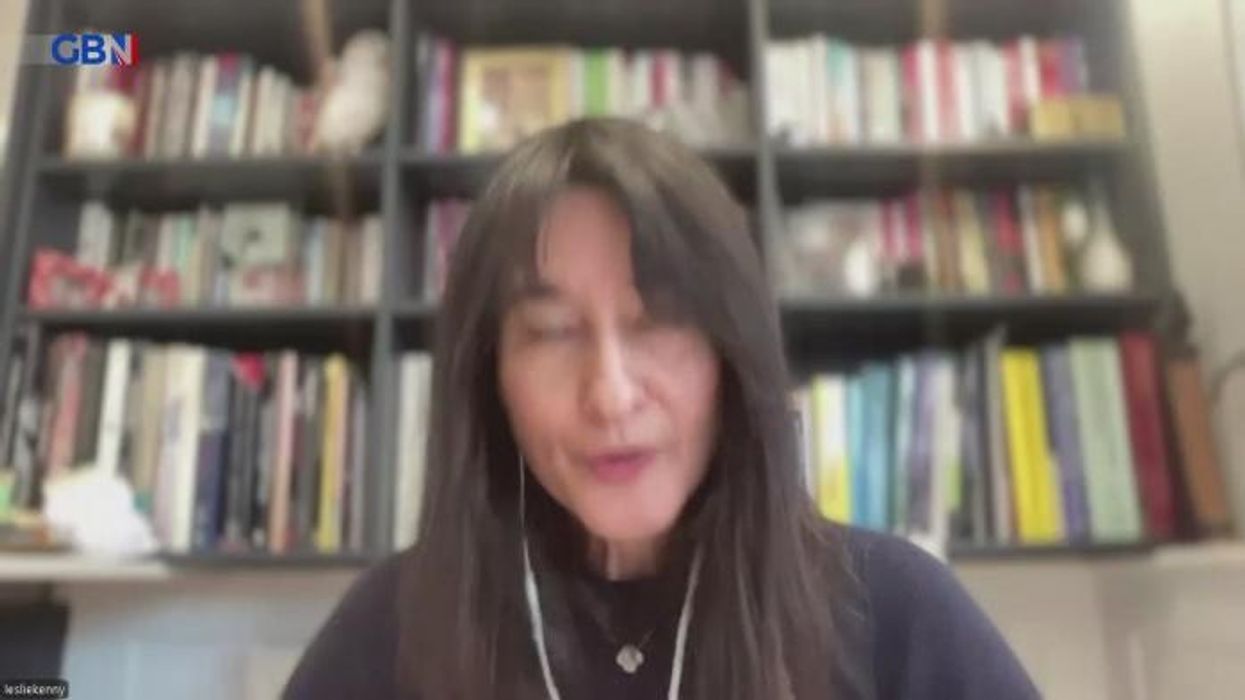Doctor's technique 'takes you from insomnia to a sleep-ready state' quickly - 'you’ll be surprised how well it works’

Leslie Kenny shares methods to enhance sleep quality |
GBN

The alternative technique designed to help the brain when it’s struggling
Don't Miss
Most Read
Latest
A great number of sleep techniques emphasise tireless exercises like counting, or breathing in a repetitive manner.
Yet the demand for reliable techniques remains high, particularly when insomnia strikes on a weekday.
Individuals living with stress and anxiety often contend with intrusive thoughts, which tend to become especially persistent at night.
Beyond the basics of sleep hygiene, additional methods have been discovered to help the brain shut down quicker, according to Dr Joe.

The technique is designed to distract the brain
|PEXELS
The emergency room doctor shared an alternative technique designed to help the brain when it’s struggling.
Medically dubbed cognitive shuffling, Dr Joe claimed the hack is excellent for enabling sleep by distracting the brain from racing thoughts.
He told viewers: “As an ER doctor, I want to share my top technique, called cognitive shuffling, to help you fall asleep when intrusive thoughts won’t leave you alone.
“It involves focusing your mind on random, non-emotional words and their associated imagery, which can ease your brain into a relaxed, sleep-ready state.
“It doesn’t involve counting sheep or drinking warm milk. It’s rooted in psychology.
“It helps take you from an insomnia state to a somnolent state, allowing you to fall asleep.”
Offering precise instructions, he advised viewers to pick a random, non-emotional word, such as rest.
LATEST DEVELOPMENTS

Dr Joe swears by cognitive shuffling to help the brain doze off
|TIKTOK
“Take the first letter of the word and think of several other words that start with the same letter, such as rain, river, rose."
Once you’ve exhausted all the letters, pick a new word and keep going, Dr Joe instructed, adding: "You might be surprised by how well it works.”
The method draws from a large number of studies conducted by Luc Beaudoin and other researchers, reviewed in a paper published in the Journal of Sleep Medicine Reviews.
The scientist noted that in addition to distracting the brain from racing thoughts, cognitive shuffling "resembles in critical respects natural sleep onset".










